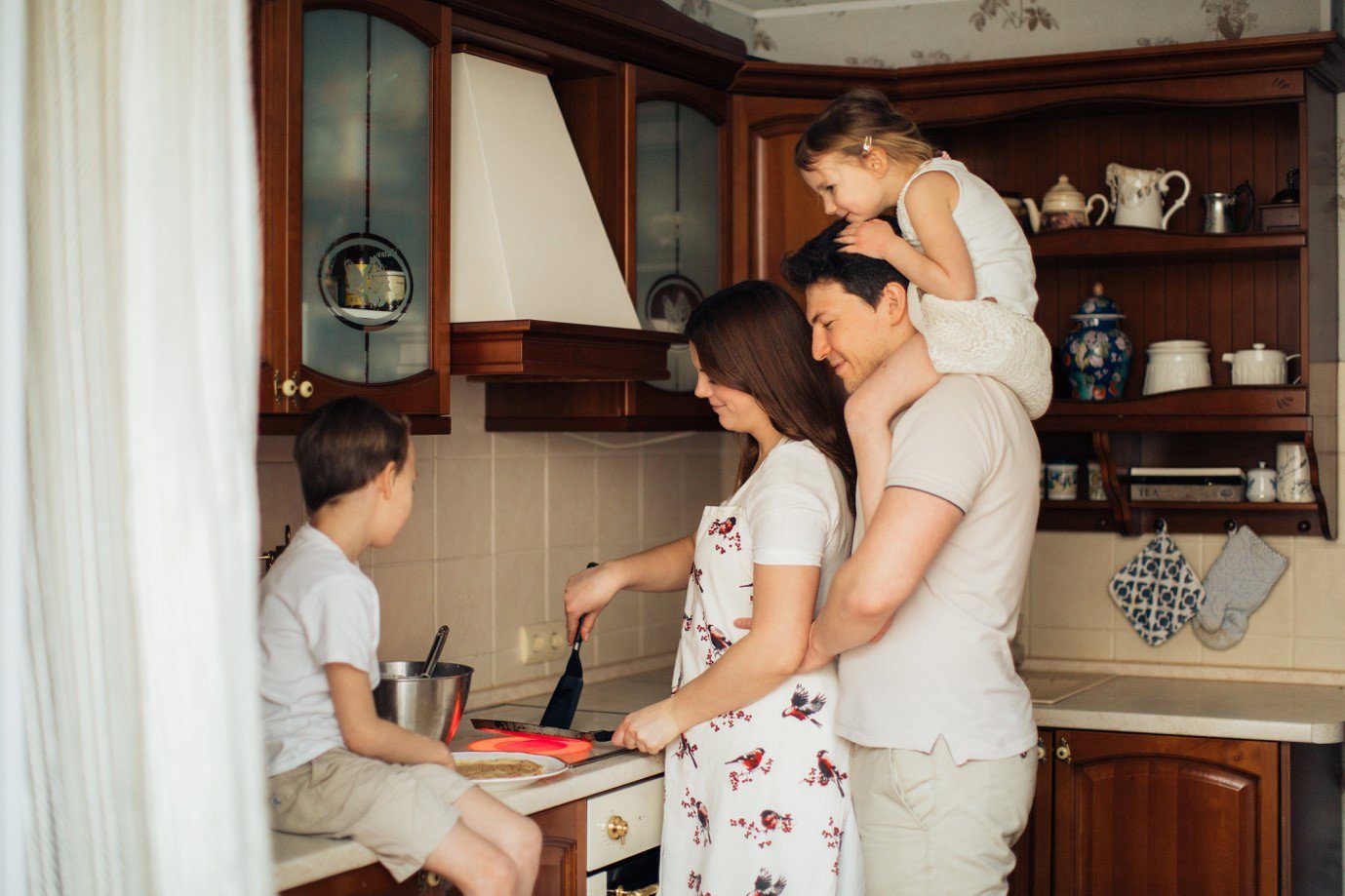Family Home Disputes Following Separation
If your relationship has broken down, you and your ex-partner may now be arguing over the family home. You might be struggling to deal with questions like:
- Who should stay living in the property?
- Should the house be put up for sale?
- How should the money from any sale be divided?
Unfortunately, there are no straightforward answers to these questions.
To start with, you need to establish what your legal rights are. This depends on whether you own the family home together, or whether it is in a sole name. We explain both these situations below.
You Own the Family Home Together
If you and your ex-partner bought your home together, then you each have a legal right over the property. Couples often buy a home as Joint Tenants. If so, you each own 50% of the property. As a Joint Tenant you will have a Right of Survivorship. This means if one of you dies, the other will automatically receive their share of the property and become the sole owner of the property.
If you bought the property as Tenants in Common, then you and your partner can own the property in equal or unequal shares. This will be stated in the document drawn up when you purchased the property.
The Right of Survivorship does not apply to Tenants in Common.
As a co-owner, you are entitled to a say over what happens to the property. You will know you are a co-owner because your name will be on the mortgage deeds and/or the Land Registry Title Deeds. If you cannot agree on what should happen to the property, then even though it is in joint names you may still need a court order to deal with the property.
Alternatively, there may be a Declaration of Trust in place, which states what your beneficial interest in the property is.
You Do not Own the Family Home Together
Alternatively, the property may be held in one person’s sole name. Typically, this happens when one person owned a property before the relationship started. The other person later moves in, turning it into the family home. Under these circumstances, the legal owner of the property holds all the rights, while the other person has none.
This may be a shock, but the fact is that if you are not married and you are not a co-owner of the home you live in, you do not automatically have any legal rights over the family home – even if you have lived there for many years. This is because in England and Wales, there is no such thing as a common law marriage.
There are some exceptions to this rule. This includes if:
- You have children together
- You can establish a beneficial interest
You Have Children Together
If you and your ex-partner have children together, the situation is could be very different. If the person who owns the property is in a financial position which means that they do not need the property to be sold, then the parent with whom the child/children are living can remain in the property until the child or children have reached the age of 18.
Establish a Beneficial Interest
Alternatively, you could try to establish a ‘beneficial interest’ in the property. If there is a Declaration of Trust in place this can be used to declare a beneficial interests.
You can also establish your beneficial interest by showing that the owner of the property encouraged you to believe that you would have some right or benefit in the property. which meant that because of that belief you contributed wards the property by paying the mortgage or by paying for improvements or maintenance of the property. Being able to show this could improve your claim to the property following your separation.

Settling a Family Home Dispute
If you do have a legal claim over the family home, then you need to settle your dispute. In these situations, there is a lot at stake, and everyone involved wants to protect their position.
The first step is to speak to one of our Family Solicitors. It may simply be a case of negotiating with your ex to reach an agreement. You can also tr. A specially trained Mediator will help you both to come to an agreement. If you still can’t agree, the last option is to go to Court and let a Judge decide.
The Court has broad powers to settle property disputes and can:
- Decide whether the freehold title to the property should be transferred
- Payment of a lump sum which would provide a clean break
- Decide if the property should be sold
- Say how any money from the sale should be split
- State who should continue to live in the property, and for how long
- Decide if anyone has a beneficial interest in the property, and how their interest should be honoured
Cohabitation Agreements
One way of avoiding all of this would be to have a Cohabitation Agreement in place. Your Cohabitation Agreement sets out what happens if you and your partner split up. This includes what will happen to the family home.
A Cohabitation reduces the chance of a dispute about ownership of the property so you can avoid the stress and cost of legal action if you and your partner separate.
If you are buying a property with your partner and you are not married, we strongly recommend making a Cohabitation Agreement.
A Cohabitation Agreement in the UK is a legal contract that outlines the financial and practical arrangements between unmarried couples who live together. Here are some key benefits of having a Cohabitation Agreement under UK legislation:
Clarity on Financial Matters: A Cohabitation Agreement helps clarify financial matters, such as property ownership, shared expenses, and financial responsibilities, reducing disputes and conflicts in the future.
Asset Protection: It allows couples to outline how property and assets will be divided if the relationship ends or in the event of one partner's death. This can provide important legal protections and ensure assets are distributed according to the agreement.
Financial Fairness: The agreement can help ensure financial fairness, especially when one partner has significantly greater assets or income. It can prevent one partner from making a financial claim against the other in case of separation.
Protection from Claims: A Cohabitation Agreement can protect you from certain financial claims that might otherwise be made by your partner if the relationship ends. This can offer peace of mind and legal security.
Legal Recognition: The agreement can be legally recognized in England and Wales, and it can be used as evidence in court in case of disputes. It provides a clear record of the couple's intentions and commitments.
Customization: Couples can tailor the agreement to their specific needs and circumstances, ensuring it reflects their unique arrangement and preferences.
Reduced Legal Costs: Having a Cohabitation Agreement in place can potentially reduce legal costs and emotional stress if a dispute arises in the future, as the agreement can serve as a basis for resolving issues.
Avoiding the "Common Law Marriage" Myth: Contrary to popular belief, there is no legal concept of "common law marriage" in the UK, and unmarried cohabiting couples do not have the same legal rights and protections as married couples. A Cohabitation Agreement can help address this legal gap.
Cohabitation Agreements Act as a Precaution: Even in strong and loving relationships, unforeseen circumstances can arise. A Cohabitation Agreement serves as a precautionary measure, much like insurance, to protect the interests of both partners.
It is important to note that a Cohabitation Agreement i can be a legally binding document and should be drafted carefully, ideally with the assistance of a solicitor who specialises in family law. This ensures that the agreement complies with UK legislation and serves the best interests of both partners.
Speak to a Family Law Solicitor
If your relationship has recently ended and you cannot agree what to do with the family home, please contact our Family Law Solicitors. We can explain what your legal rights are, and the options open to you. We can help you settle the dispute and work towards always protecting your interests.






